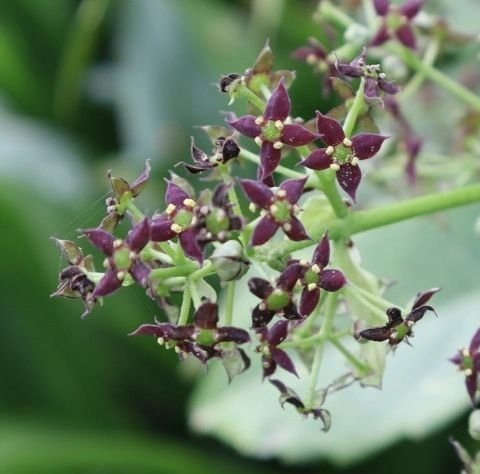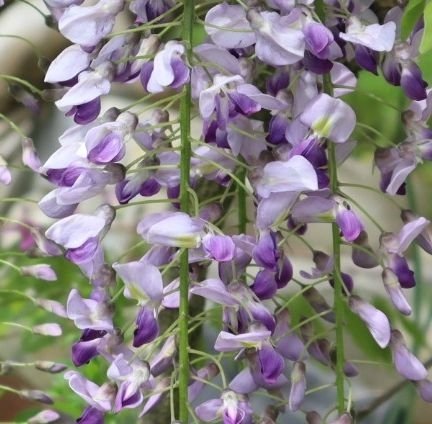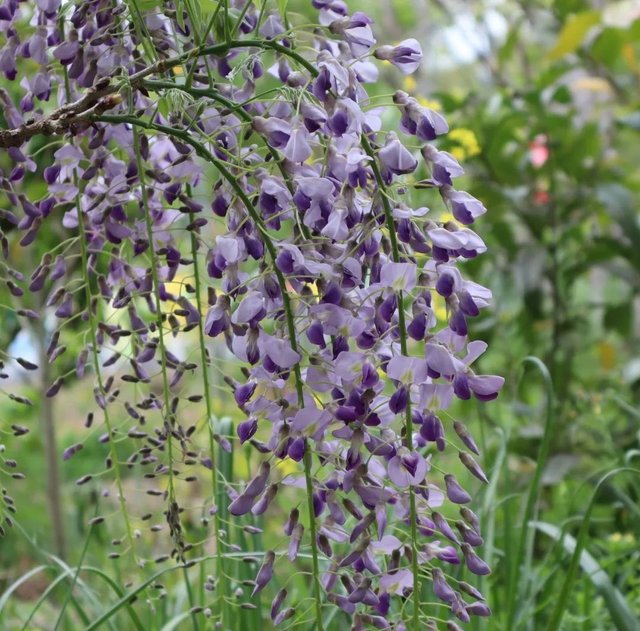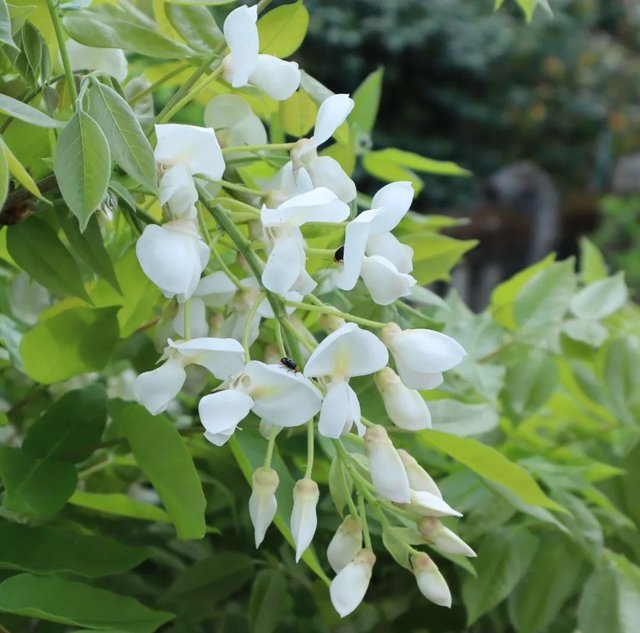Wisteria brachybotrys




In the realm of ornamental vines, few species captivate the imagination quite like Wisteria brachybotrys. With its enchanting clusters of fragrant flowers and elegant, cascading foliage, this botanical marvel has earned its place as a cherished favorite among gardeners and nature enthusiasts alike.Native to Japan, Wisteria brachybotrys belongs to the Fabaceae family and is renowned for its striking beauty and vigorous growth habit. Unlike its more commonly cultivated cousin, Wisteria sinensis, W. brachybotrys is characterized by its shorter flower clusters and broader leaves, giving it a unique and distinguished appearance.
One of the most enchanting features of Wisteria brachybotrys is its exquisite flowers. In late spring to early summer, pendulous racemes adorned with countless delicate blossoms drape gracefully from the vine, creating a breathtaking cascade of color. The flowers range in hues from pale lilac to deep violet, exuding a sweet, intoxicating fragrance that fills the air with a sense of romance and nostalgia.Beyond its aesthetic appeal, Wisteria brachybotrys holds cultural significance in Japanese tradition, where it is revered as a symbol of love, longevity, and the passage of time. In Japanese gardens, the graceful form of W. brachybotrys is often incorporated into pergolas, trellises, and arbors, creating serene retreats where visitors can immerse themselves in the beauty of nature and contemplate life's ephemeral beauty.
While Wisteria brachybotrys is renowned for its beauty, it does require careful cultivation to thrive. Like its relatives, it prefers a sunny location with well-drained soil and regular watering during the growing season. Pruning is essential to control its vigorous growth and encourage abundant flowering. Additionally, providing sturdy support structures is crucial to prevent the weight of the vine from causing damage to buildings or other structures.